Search
Explore content from JFS, ASB, the AAFS Newsfeed, and other content using the search bar or filters.
The Education of the Next Generation Forensic Scientist
Free to AAFS members - this webinar offers a comprehensive and engaging roadmap for students pursuing careers in forensic science. By blending historical context, accreditation standards, and practical strategies to help students navigate academic choices and develop essential skills, the viewer will take away tips for the successful transition from academia to a forensic laboratory career.
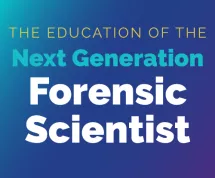
Academic Excellence: The Importance of Accreditation for Forensic Science Programs
Join us for an insightful webinar hosted by the Forensic Science Education Programs Accreditation Commission (FEPAC), a distinguished branch of the American Academy of Forensic Sciences. This session is designed for program directors, school administrators, and forensic science educators who seek to elevate the quality and credibility of their academic offerings.
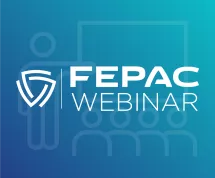
High Performance Computing Tools to Identify Novel Psychoactive Substances in Toxicology Samples
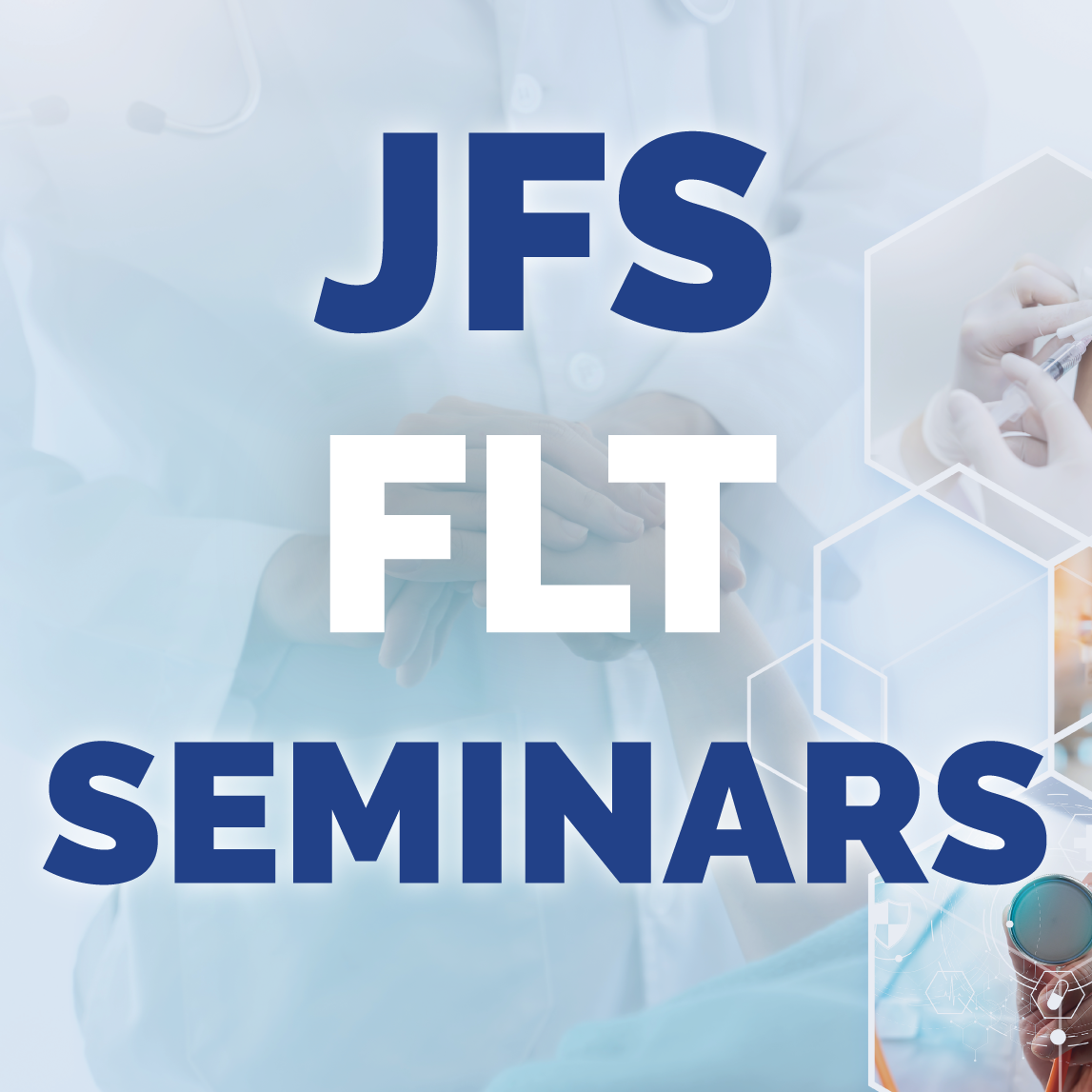
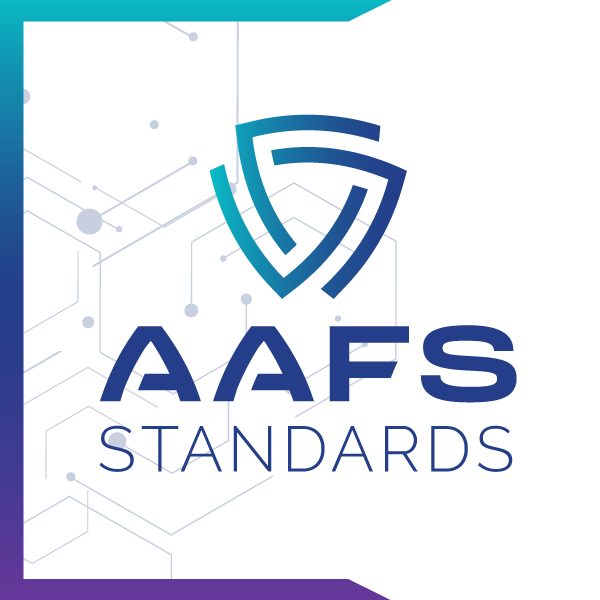
Analytical Characterization of Emerging Drugs – Practical Approaches to Address Forensic Science Challenges

Forensic Investigative Genetic Genealogy – Part II

Clandestine Synthesis of Methamphetamine: An Overview


AAFS 2024 Workshop 6
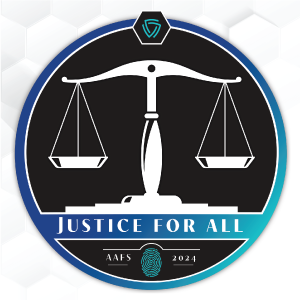
Advances in Ambient Ionization Mass Spectrometry for Synthetic Opioid Analysis
Ambient ionization mass spectrometry (AI-MS) is an increasingly adopted tool for seized drug analysis in both traditional laboratory and forward operating laboratory settings that has shown to be useful for the detection and identification of fentanyl and other synthetic opioids. Recent advances in the field of AI-MS have been demonstrated from sample collection to analysis to data interpretation. This 1 hour webinar will discuss some of these recent advances and highlight their applicability for forensic applications.
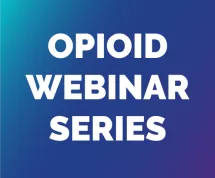
Advances in Portable Drug Detection
The AAFS ad-hoc Opioid and Emerging Drugs Committee will lead a workshop that will introduce multiple research projects developing or validating portable on-site drug detection methods and equipment. Each method has capabilities over traditional colorimetric testing and may work towards increased on-site sample detection capability and improved detection and discrimination of fentanyl and unknown novel psychoactive substances (NPS) will be discussed.

Emerging Hybrid Separation Detection Techniques for Seized Drugs
This webinar will describe the great utility of emerging hybrid separation detection techniques for the analysis of seized drugs, particularly applicable to emerging drugs, that can overcome the limitations of classical methods such as gas chromatography (GC)- electron ionization mass spectrometry (EI MS) and gas chromatography- flame ionization detection. Included in this webinar are budding separation techniques such as ultra-high performance supercritical fluid chromatography (UHPSFC) and novel separation approaches utilizing ultra-high performance liquid chromatography (UHPLC). Regarding detection techniques low and cold EI MS, and electrospray ionization to produce enhanced molecular ions, and for the differentiation of positional isomers and diastereomers, vacuum ultraviolet, and infrared detection for GC, and ultraviolet detection for UHPSFC and UHPLC will be discussed.

Laboratory Safety and Health for Preventing Drug Exposure
Forensic scientists serve an integral role in law enforcement organizations throughout the country. Working in a laboratory poses both well-characterized and novel risks to the health of forensic scientists including those associated with seized drugs. This webinar will discuss how to recognize forensic laboratory hazards and how to prevent workplace injuries and illnesses.
Presenter: Jennie Cox, Certified Industrial Hygienist
Research Industrial Hygienist
NIOSH, CDC

Sudden Cardiac Death in Assault Contexts: Stress as a Contributing Factor and Homicide Qualification Presented
This webinar brings together experts from diverse backgrounds to delve into the multifaceted aspects of SCD related to stress in assault contexts, examining whether the deaths are natural, accidental, or homicidal. This webinar will offer insights into sudden cardiac death related to stress in assault contexts within juridictions. By examining cultural, legal, and medical factors, attendees will gain a nuanced understanding of how these issues manifest in different sociocultural contexts.

Standards Implementation

Forensic Investigative Genetic Genealogy – Part I

